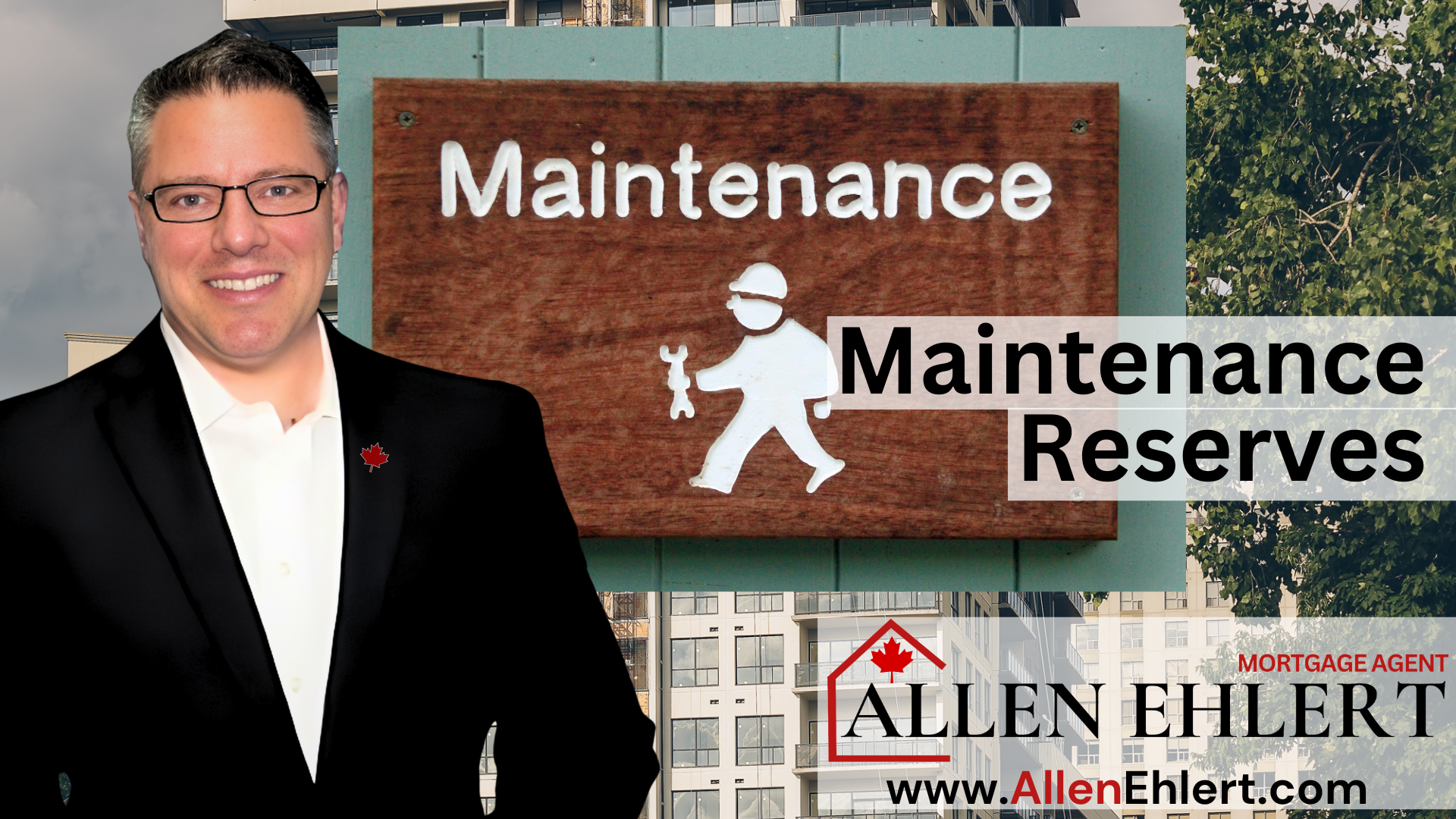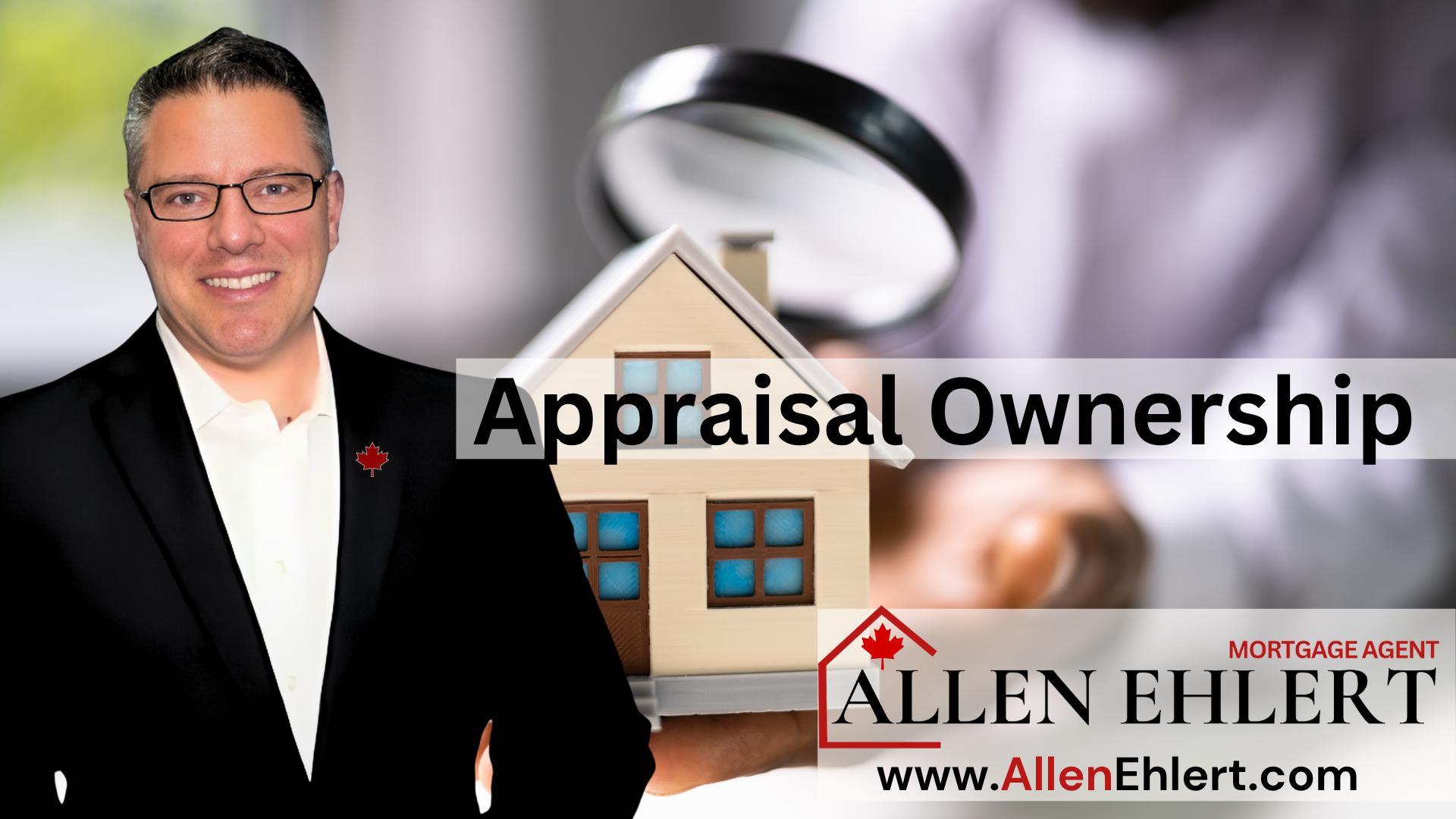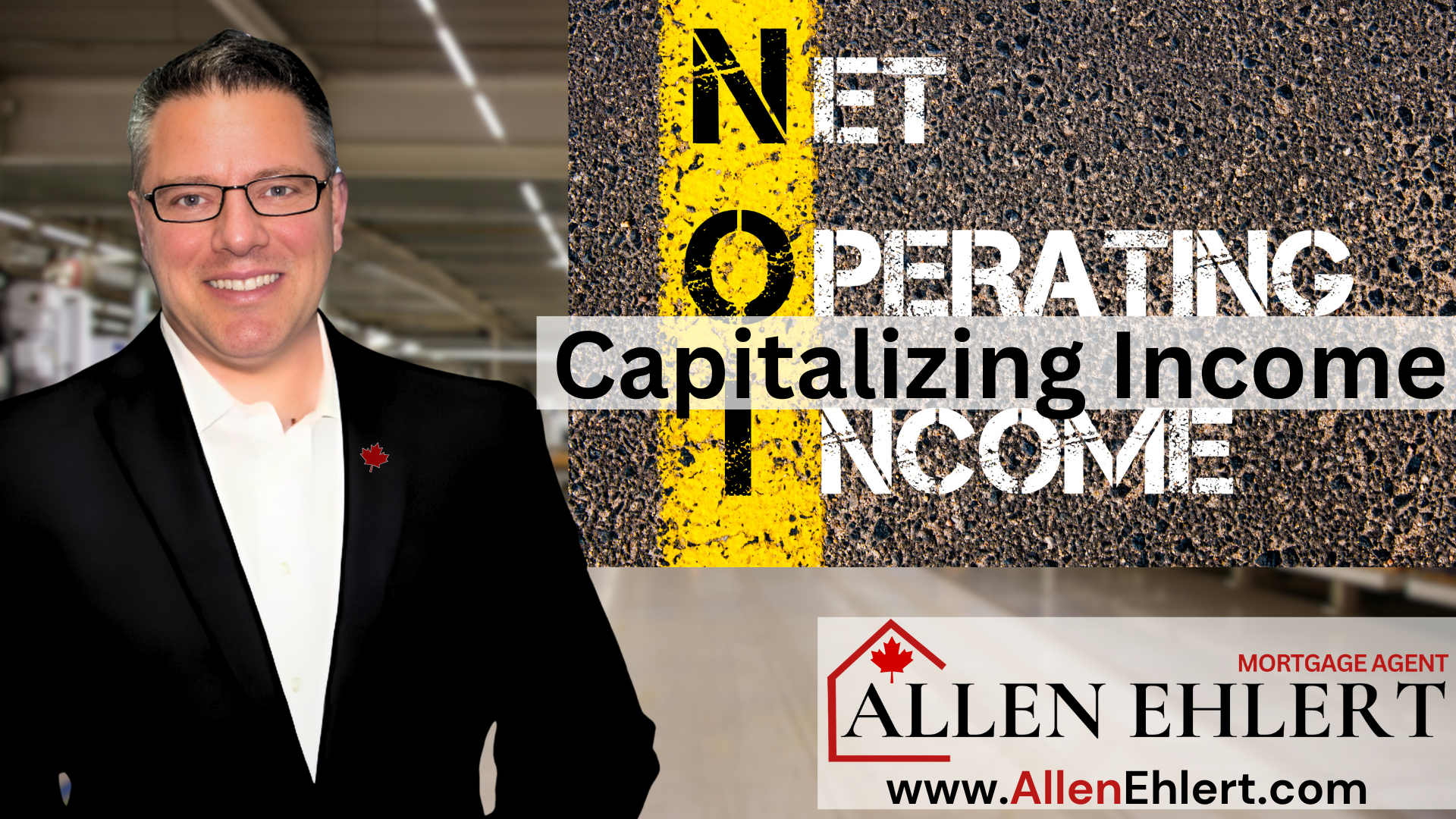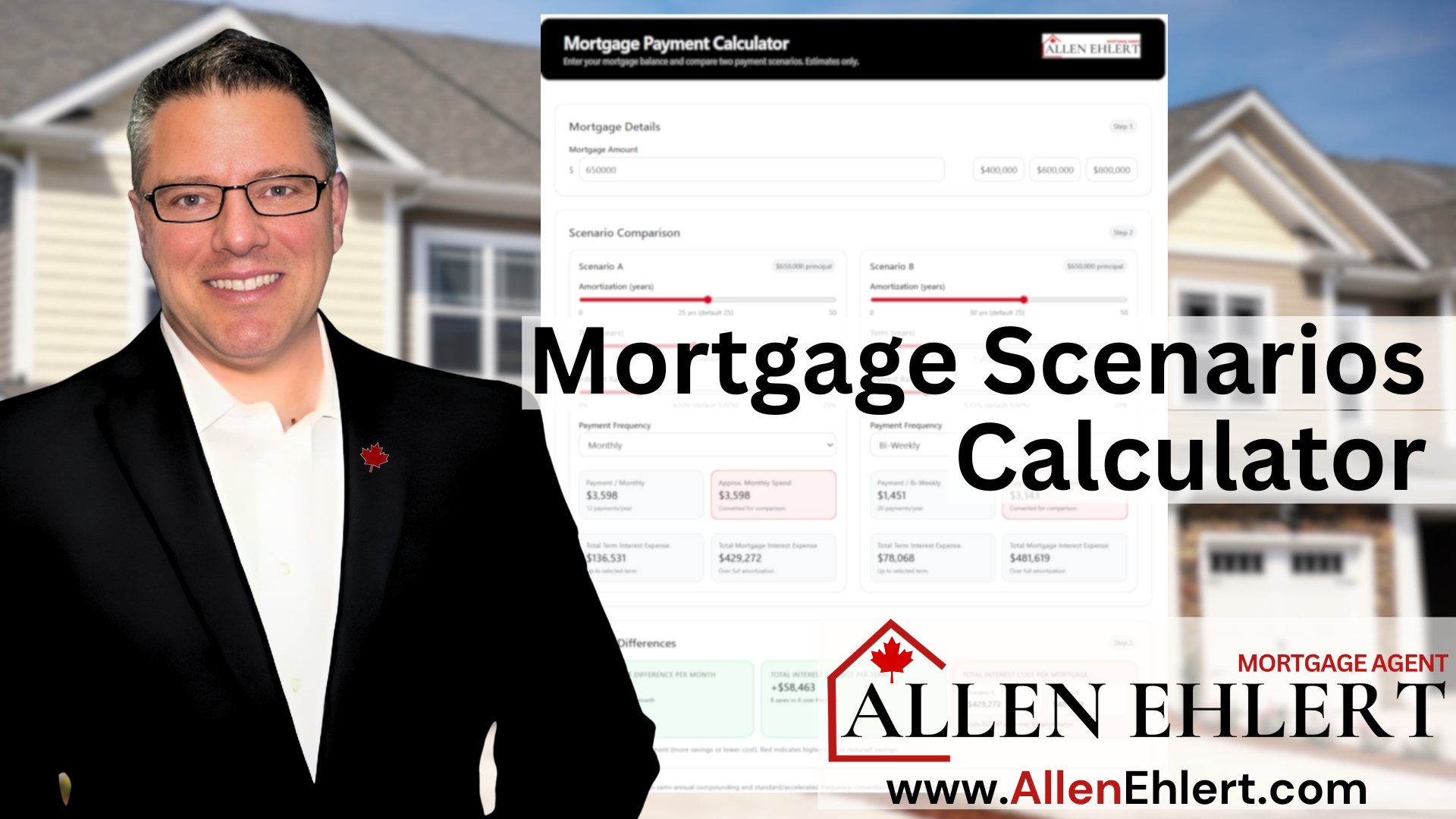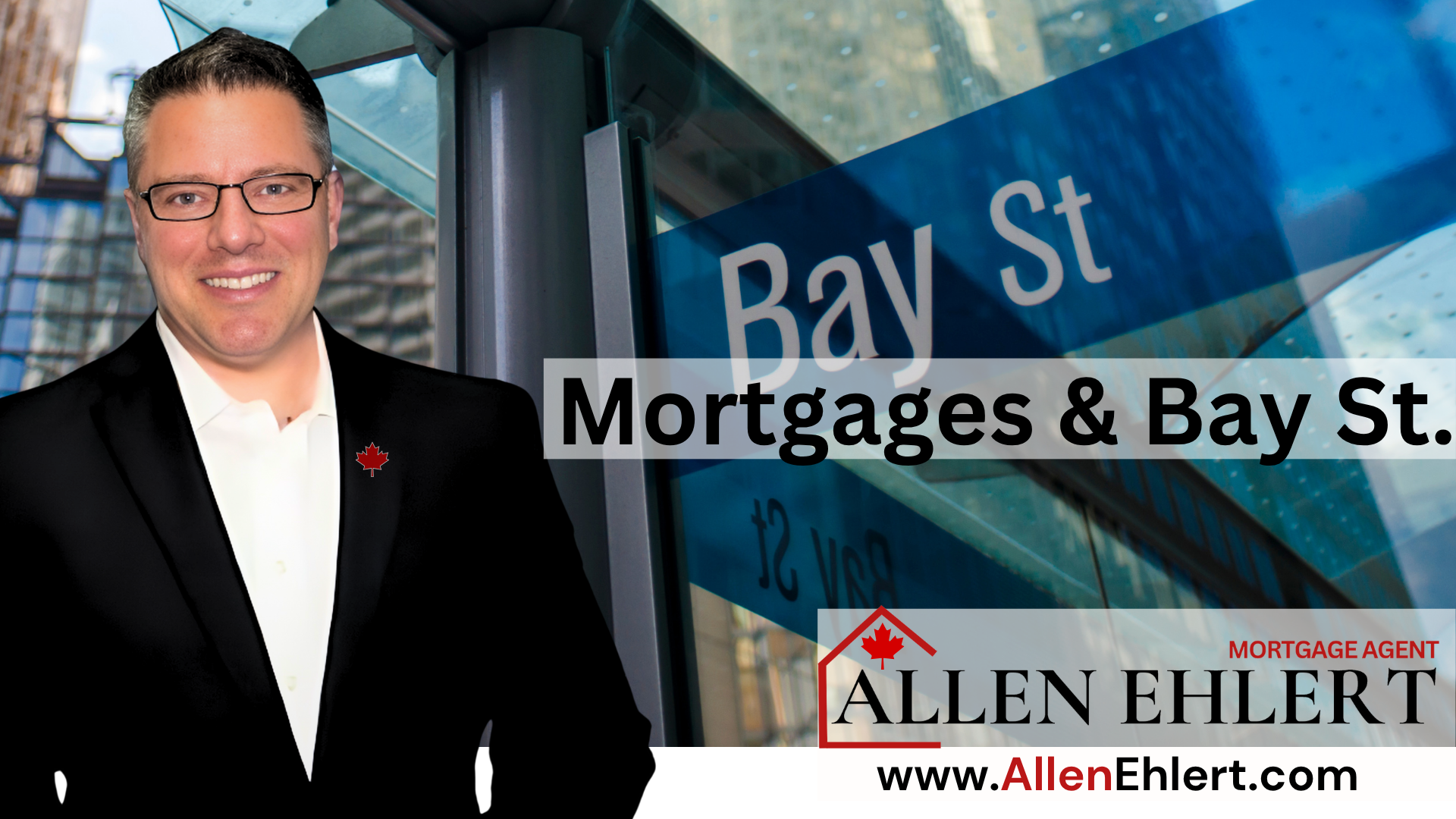… Here’s How CMHC’s Enhanced BFS Program Can Help You Buy a Home
If you’re self-employed in Canada, you already know the drill: your income looks fantastic before your accountant works their magic. After write-offs and deductions? Not so much. That’s why so many business-for-self (BFS) clients feel like they’re being punished when it comes time to apply for a mortgage. Even though you might have great cash flow, solid savings, and strong financial habits, your “net taxable income” doesn’t always tell the full story.
Thankfully, CMHC’s Enhanced Business-For-Self (BFS) Program is specifically designed to help self-employed Canadians get the mortgage they deserve — not just the one their tax return says they can afford. This program allows lenders to use alternative documentation to verify your income, making it easier for BFS clients to access homeownership without jumping through endless hoops.
In this article, I’ll walk you through how the CMHC Enhanced BFS Program works, what lenders are looking for, and how we can leverage this program to help you qualify — even with a less-than-perfect income on paper.
Here’s what I’ll cover:
What Is CMHC’s Enhanced BFS Program?
What Lenders Look for in Borrower Qualifications
Documentation You’ll Need to Provide
What the Mortgage Can Be Used For
Amortization Options: How Long You Can Stretch the Payments
How I Can Help: Turning Your Self-Employed Reality Into Mortgage Approval
What Is CMHC’s Enhanced BFS Program?
The Enhanced BFS Program was created because CMHC — and lenders — recognized that traditional income documentation just doesn’t fit how self-employed people operate. Instead of requiring two years of clean T1 Generals showing high taxable income, this program allows lenders to use “stated income” when it’s reasonable and supportable by the nature of your business.
It’s designed for business owners, freelancers, contractors, and commission-based workers who have been self-employed for at least two years but whose taxable income doesn’t reflect their true earning potential.
What Lenders Look for in Borrower Qualifications
Lenders aren’t giving you a free pass. They want to see that you’re running a legitimate, stable, and profitable business. Here’s what they’ll look for:
- Minimum 2 years of self-employment history
- Good to excellent credit history
- Consistent cash flow and savings habits
- Low personal debt outside of the business
- A reasonable, supportable stated income based on the type of business and industry standards
If your numbers make sense on paper and your business is stable, lenders are more than willing to work with you under this program.
Documentation You’ll Need to Provide
Unlike traditional applications, where tax returns rule the day, CMHC’s Enhanced BFS Program gives you more flexibility in how you prove your income. Here’s what lenders typically want:
- Business license or articles of incorporation
- Two years of Notices of Assessment (to show taxes are up to date, not necessarily to verify income)
- Proof of business ownership
- Bank statements showing cash flow
- Business financial statements (optional but helpful)
- A reasonable stated income declaration backed by industry norms
Some lenders will also ask for a letter from your accountant confirming your business’s gross income, expenses, and general financial health.
What the Mortgage Can Be Used For
Just like any insured mortgage, this program can help you:
- Purchase a primary residence
- Switch lenders to improve your mortgage terms
- Refinance to access equity (subject to CMHC guidelines)
The mortgage is strictly for owner-occupied homes — this isn’t a workaround for buying rentals or investment properties.
Property Types That Qualify
CMHC’s Enhanced BFS Program isn’t about limiting your choices — it’s about opening doors. Eligible properties include:
- Detached homes
- Townhouses
- Condominiums
- Newly built homes
- Resale properties
Standard CMHC guidelines apply: the home must be marketable, in good condition, and located in an area with consistent demand.
Amortization Options: How Long You Can Stretch the Payments
The program follows CMHC’s standard insured mortgage guidelines:
- Maximum 25-year amortization
- 5% minimum down payment (on homes up to $500,000)
- Standard CMHC premium rates apply based on loan-to-value ratio
Longer amortizations or unconventional structures (like interest-only payments) aren’t part of this program.
Real-World Examples
Meet David — The Self-Employed Consultant
David runs his own consulting business. His gross revenue is $150,000 a year, but after deductions, his taxable income shows only $45,000. His bank turned him down for the mortgage he wanted.
David’s realtor refers him to me. I assess his business, cash flow, savings, and credit. Using the Enhanced BFS Program, we state a reasonable income of $90,000 — in line with his industry and bank statements. The lender is satisfied, CMHC insures the loan, and David gets the home he wanted without having to “explain” every deduction on his tax return.
How Realtors Can Help
Realtors can help self-employed clients by:
- Referring them to mortgage professionals who understand BFS programs
- Encouraging pre-approval before house hunting to avoid disappointment
- Helping set realistic expectations around price points and financing timelines
How I Can Help: Turning Your Self-Employed Reality Into Mortgage Approval
The Enhanced BFS Program is powerful — but only if you know how to present your file properly. That’s where I come in. I help by:
- Assessing your business’s true financial picture, not just your tax returns
- Identifying which lenders offer the best BFS programs
- Structuring your application to highlight your strengths
- Coordinating with appraisers, lawyers, and your realtor to keep things moving smoothly
I know how to speak the lender’s language so they understand your story — not just your deductions.
Allen’s Final Thoughts
Being self-employed shouldn’t make homeownership feel impossible. With CMHC’s Enhanced BFS Program, you don’t have to let your tax deductions dictate your future. You’ve built your business. You’ve earned the right to build your homeownership dreams, too.
If you’re self-employed and tired of banks saying no — or if you’re a realtor working with entrepreneurial clients who keep hitting financing roadblocks — let’s talk. I’m here to help you navigate these programs with confidence and clarity.
Your business is unique. Your mortgage solution should be, too. Let’s get it done right.
Reach out anytime — I’m here to help.



